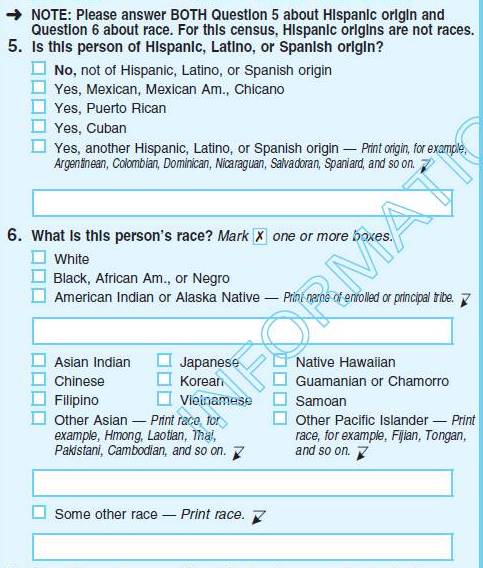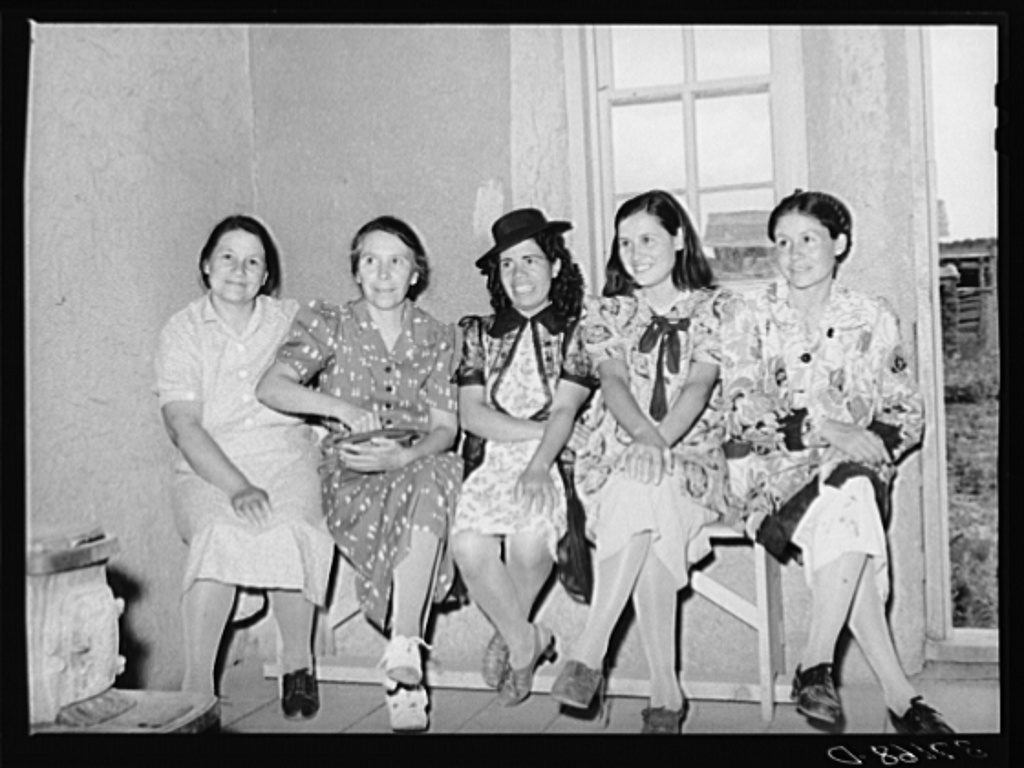As we celebrate Earth Day, it’s necessary to reflect on the history of environmentalism in the US. People of color and especially Chicanxs are largely invisible in its past and present form.
Continue ReadingMy Forthcoming Book: Homeland: Ethnic Mexican Belonging Since 1900

Some of you may know that my academic monograph is forthcoming in January 2021. You can preorder now from the OU Press website and it will be shipped in early January.
At only $24.95, it’s an incredibly affordable monograph.
Here’s the link: https://www.oupress.com/books/16122730/homeland
Latest for Latino Rebels: Birthright Citizenship and the Trump Administration’s Manufacturing of a White Majority
Donald Trump has announced that he plans to rescind birthright citizenship through an executive order.

While possibly a ploy to encourage support among his white nationalist base in the upcoming midterm elections, this new proposal fits into the Trump administrations larger policy project: making America white again. While they cannot change the demographic reality of the nation, they will make the nation whiter by fiat.
Continue ReadingLatino Voters Favor a Progressive Democratic Party, New Poll Shows
Despite popular handwringing about the Democratic Party’s left-wing moves, recent tracking from Latino Decisions and the NALEO Education fund indicates that registered Latino voters and likely Latino voters support the progressive plank of the party. Young women like Alexandria Ocasio-Cortez and Ayanna Pressley are proof of the eagerness among the communities of color, who form an important part of the Democratic coalition, for important social reforms.
Latinos Care About a Fairer Economy and Society, not Just Immigration
The Latino Decisions/NALEO poll shows that Latino voters would be more likely to support candidates who have policies that align with the progressive wing of the Democratic Party. Respondents overwhelmingly favored candidates who wanted a clean DREAM act, universal background checks for gun purchases, expanded access to health care, protection of social programs like Medicare and Social Security, and reproductive rights.
My Latest For Latino Rebels: The Real Health Cost of Living in a Deportation State
Public health researchers and sociologists are showing that living in a deportation state has a real health cost that is being disproportionately paid by citizen children. According to these experts, immigration is no longer just a policy issue; it is a national public health concern. Deportation-centered policies affect American families. Of those deported in the United States, nearly one in four deportees are parents of U.S. citizens. The impact on U.S.-born children becomes clear when considering that within the Latino community—one in four children are born into families where at least one parent is undocumented, or a mixed status family. The issue becomes even larger when considering that across the nation, where one in eight children born in the U.S. are born into mixed status families.

The Point of the New Citizenship Question on the Census is to Make the Nation Whiter by Fiat
Last month, the Trump administration made it clear that the 2020 census would include a question regarding citizenship. The administration claimed that the new citizenship question was added to make sure that key sections of the Voting Rights Act were being upheld. The block-by-block census data could identify communities under threat and the Justice Department, headed by Jeff Sessions, could keep an eye on those vulnerable communities. The administration argued that it was nothing for community or civil rights organizations to worry about.
The census is constitutionally mandated in order to ascertain the number of people living in the country. Using that information, representation can be apportioned, congressional districts can be drawn, federal funding can be issued, states can make long-term plans. But the census is important because it one of the ways that the state “sees.” That is, government officials at local, state, and national levels do not personally know every single constituent or person living in their district, city, state, or country. It is impossible for them to know something or anything about everybody, yet these officials must. In order for highly organized states to function, they must know key aspects about the populations they encompass. The census, a series of questions asking individuals to describe themselves and their families, is one of the many ways governments know their populations (others include social security numbers, driver’s licenses, birth certificates, death certificates, tax returns, etc.).
My Latest for Latino USA: Republicans Don’t Have a Latino Problem, They Have a Generational Crisis
 (DAVID MCNEW/AFP/Getty Images)
(DAVID MCNEW/AFP/Getty Images)
In 2012, Republicans issued an infamous autopsy that outlined the future strategy of the party that would include enticing Latinos. “If Hispanic Americans perceive that a GOP nominee or candidate does not want them in the United States (i.e. self-deportation), they will not pay attention to our next sentence…. If Hispanics think we do not want them here, they will close their ears to our policies” the RNC report read. A year into Donald Trump’s presidency, it appears that Latinos across the board have heard their message. It is clear that Republicans don’t have just a Latino problem—they have a generational crisis on their hands.
It’s Donald Trump’s Republican Party Now
With so much in the headlines recently, it would have been easy to pass over a significant development in the Republican Party. On September 17, 2017, the New York Times released a confidential memo from the Senate Leadership Fund to Republican donors explaining the implications of the Alabama Senate special election. In it, the establishment wing of the GOP, including Mitch McConnell and his allies, concede that the Republican Party is Trump’s now.
The Senate Leadership Fund explains that the neoliberal branch of the GOP had been able to hold off the angry insurgent nationalist wing of the party in 2010 and 2014. “However, this year’s Alabama Senate special election shows that the 2014-16 playbook for winning Republican primaries needs to be recalibrated and improved….[The] electorate has dramatically realigned itself with President Trump at the helm,” states the memo.
Hurricane Harvey and the Nation’s History with the Environment
Hurricane Harvey and its torrential flooding rains have shocked the nation. Thousands have been rescued and many more thousands have lost their homes. It is a disaster of unprecedented proportions. Hurricane Harvey and the flooding across Houston is a historic event, but it also underlines Americans’ conflicted history with our relationship to nature.
Loving v Virginia and its Legacy for Latinos: Interracial Marriage Fifty Years Later
I was born too late in a land that no longer belongs to me….They belong to a pilgrim who arrived here only yesterday whose racist tongue says to me: I hate Meskins. You’re a Meskin. Why don’t you go back to where you came from?…I was born too late or perhaps I was born to soon: It is not yet my time: this is not yet my home. I must wait for the conquering barbarian to learn the Spanish world for love.
In 1975, Chicana poet Angela De Hoyos wrote these words, asking herself in the midst of the Chicana/o Movement and Civil Rights Movement about her place in time. Was she born too late or was she born too soon? In her hometown of San Antonio, Texas, home to Spanish missions founded in the 18th century, most famously the Alamo, she didn’t feel at home. In fact, she was told that she was not home, that she needed to return, to go back to where she had come from. Lost between time and space, she hoped and ached for a moment when displacement and discord might be mitigated by the bonds of affection. De Hoyos was left waiting for the day that code-switching could transform conquerors and conquered, leaving only words of love.
Is today that day?
Seemingly. June 12, 2017 marks the 50th anniversary of Loving v. Virginia, the Supreme Court case that found antimiscegenation laws unconstitutional.
- 1
- 2
- 3
- …
- 5
- Next Page »






